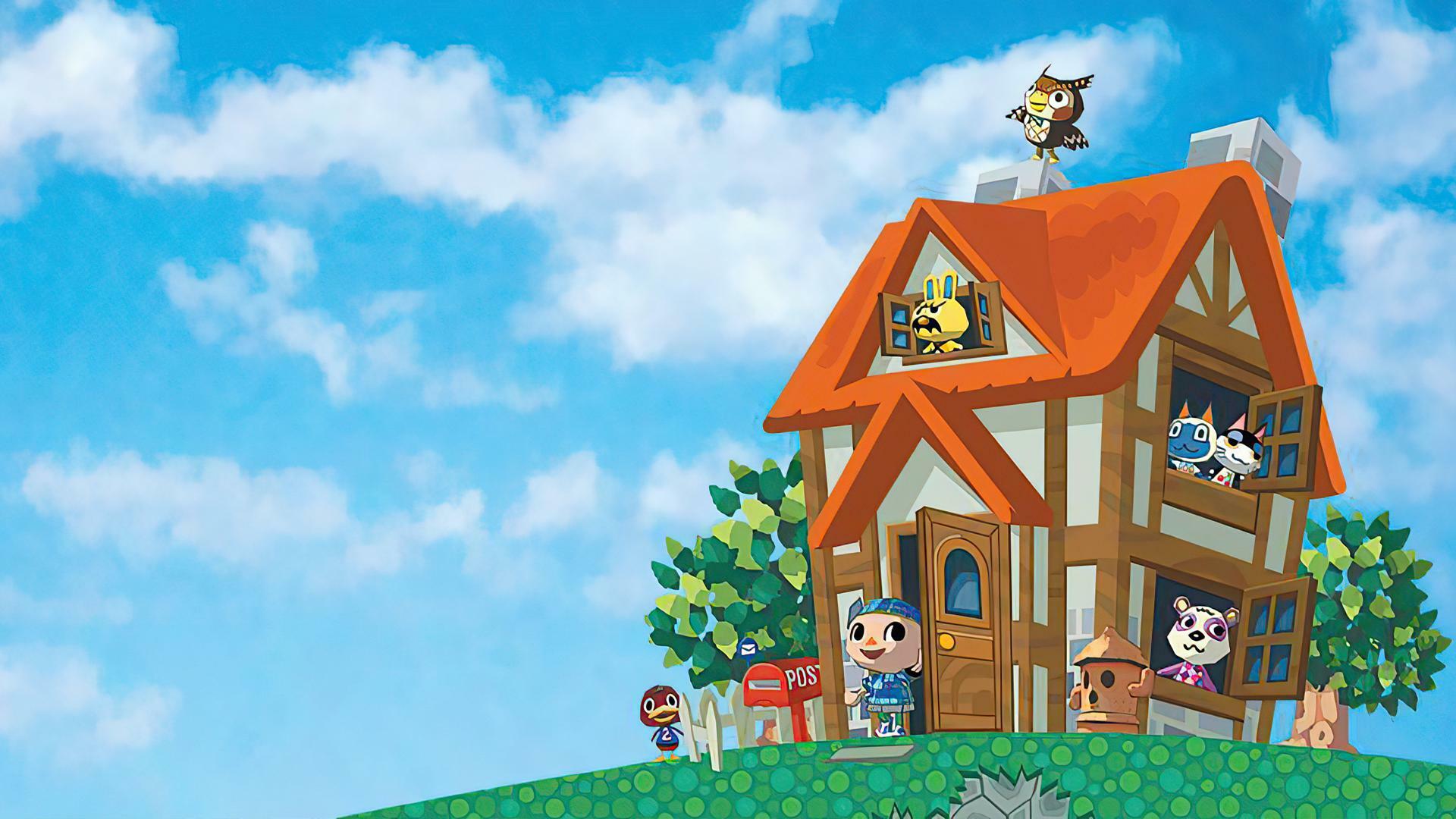Pokémon Pokopia: Nintendo's Life-Sim Fusion on Switch 2 Revealed
Last Updated: October 14, 2025

Nintendo's announcement of Pokémon Pokopia during the September 12th Nintendo Direct in 2025 sent ripples of excitement through the gaming community. This highly anticipated spin-off, slated for release on the upcoming Nintendo Switch 2 in 2026 and developed by Koei Tecmo Games, promises a unique blend of familiar mechanics from beloved franchises. Pokopia is confirmed as the Pokémon franchise's first dedicated life simulation game, where players embody a Ditto transformed into a human, tasked with shaping an empty land into a vibrant home for Pokémon. This innovative title seamlessly integrates the creature collection and interaction of Pokémon, the community-building aspects of Animal Crossing, and the creative freedom of Minecraft, setting the stage for a potentially groundbreaking hybrid experience. This article delves into the implications of this innovative title, examining its potential impact on the gaming market and its place within the broader history of Pokémon spin-offs.
A Novel Fusion of Gameplay Mechanics
The September 12th Nintendo Direct presentation officially unveiled Pokémon Pokopia, confirming its development by Koei Tecmo Games and its 2026 release on the Nintendo Switch 2. Pokopia represents a bold departure from traditional Pokémon gameplay, directly incorporating elements reminiscent of Animal Crossing and Minecraft. The announcement immediately sparked considerable interest and speculation, which has since been clarified with more details about its unique mechanics.
At its core, Pokopia places players in the shoes of a Ditto, transformed into a human form, embarking on a journey to cultivate a new land. The central gameplay loop involves collecting and interacting with Pokémon, a staple of the franchise, but this is interwoven with extensive life simulation and community-building elements. Players are tasked with shaping an empty landscape, designing and constructing homes, facilities, and natural habitats to create a thriving community for various Pokémon. This social aspect, focused on interacting with a diverse cast of characters (both human and Pokémon) and meticulously shaping one's environment, directly echoes the engaging loop found in Animal Crossing.
Furthermore, the game heavily features crafting and building mechanics, strongly reminiscent of Minecraft's open-ended creativity. Players will gather resources, craft tools, furniture, and structures, and terraform the environment to their liking. This layer of depth allows for significant player agency and creative expression, marking a significant departure from the series' established norms and offering a truly sandbox-like experience within the Pokémon universe. The game emphasizes a "slow life" approach, devoted to crafting, creating, and building a personalized Pokémon paradise.
Historical Context and Market Trends
The Pokémon franchise has a long history of spin-offs, each exploring different facets of the core gameplay loop, from puzzle games like Pokémon Puzzle League to unique narrative RPGs like Pokémon Mystery Dungeon. Pokopia, however, occupies a unique niche as the franchise's first official life simulation game, blending elements not typically associated with the Pokémon brand. The decision to incorporate elements of life simulation and sandbox creation reflects a broader trend in the gaming industry towards hybrid game designs, catering to diverse player preferences and maximizing engagement by offering a "slow life" experience devoted to creativity.
The choice of Koei Tecmo Games as the developer is also noteworthy. Known for their expertise in action RPGs and open-world games, Koei Tecmo brings a wealth of experience in crafting expansive and engaging game worlds. Their involvement suggests a commitment to creating a robust and feature-rich experience, potentially setting a new standard for Pokémon spin-offs.
Potential Impact and Significance
The release of Pokopia on the Nintendo Switch 2 is a strategic move, leveraging the platform's anticipated growing popularity and advanced capabilities. The Switch 2's enhanced processing power and graphics capabilities will be instrumental in delivering the rich, detailed world that Pokopia promises, allowing for intricate building, diverse Pokémon interactions, and dynamic environments.
The game's success is poised to influence future Pokémon spin-offs, potentially paving the way for more experimental and genre-bending titles within the beloved franchise. Furthermore, Pokopia's reception will be closely watched by developers and publishers across the industry. Its performance will provide valuable insights into the viability and appeal of hybrid game designs, influencing future development strategies and market trends. The integration of elements from seemingly disparate genres presents both opportunities and challenges, requiring a delicate balance between familiar Pokémon mechanics and innovative life-sim gameplay.
Conclusion
Pokémon Pokopia represents a fascinating experiment in game design, blending the familiar elements of the Pokémon franchise with the creative freedom of Minecraft and the social interactions of Animal Crossing, all centered around the unique premise of playing as a human-transformed Ditto. Its confirmed release on the Nintendo Switch 2 in 2026 marks a significant moment for both the Pokémon franchise and the gaming industry as a whole. As Pokémon's first dedicated life simulation game, Pokopia's success could redefine the landscape of Pokémon spin-offs and shape future development trends in the gaming market, offering players a relaxing, creative, and deeply engaging new way to experience the world of Pokémon.